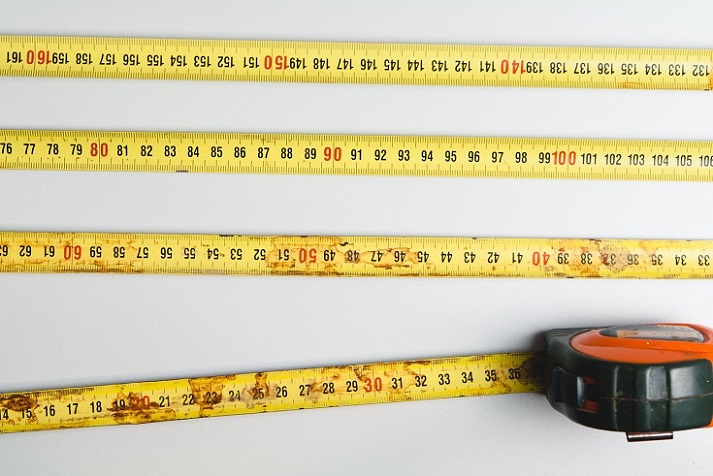
See if you can find the common mistake in this statement of a gift written in John Doe’s hypothetical will:
The rest, residue, and remainder of my estate shall be divided equally between my children, Andrew Doe, Bonnie Doe, and Charles Doe.
Did you catch the error? If not, don’t worry; you’re not the only one who missed it. It is a common error that many inexperienced will-drafters overlook.
The error is this: The statement does not provide any clear instruction for how the gift should be divided if Andrew, Bonnie, and/or Charles fail to survive John, the testator. This kind of error isn’t obvious because a problem doesn’t even arise if Andrew, Bonnie, and Charles all manage to outlive John, and when John wrote the will, all three of his kids were alive and well. He wasn’t thinking about tomorrow.
Let’s take a look at how this drafting mistake could play out:
Imagine Andrew dies before John, survived by three children of his own (John’s grandchildren), and then John dies without ever having updated his will. How should the above gift be distributed?
One possibility is for Bonnie and Charles to split the gift 50/50. Another possibility would be for Andrew’s share to be divided between Andrew’s children while Bonnie and Charles each take just one-third. The statement as written doesn’t say what should happen.1 It certainly is not clear from the statement itself what John would have wanted to happen. The lack of clarity could easily lead to Bonnie, Charles, and Andrew’s children fighting it out in a will contest.
This kind of problem arises because of the mindset many people have when they draft their wills. Based on my own experiences talking with clients about their wills, I know that we tend to think about our family and friends as they are at the time we write the will, not as they might be when we die. We make sure to write carefully-crafted custodianship provisions for our minor children without considering the fact that they could very well be adults by the time we die. We appoint our parents as our personal representatives without considering that our parents may not be around to take on that responsibility. We make gifts to our siblings, our children, and our friends without thinking about the fact that it may only be their children (or grandchildren) who actually live long enough to inherit from us. In other words, we tend to plan our wills based on what makes sense if we were to die today, not what will make sense if we die tomorrow or in a few years from now.
When I point these issues out to clients, they often ask me: “Can’t I just redo my will if someone I’ve named as a beneficiary dies?”
Yes, it usually is an option for a testator to make a new will, but why leave yourself with that burden and expense when you could plan for obvious contingencies the first time around? And what if you never get around to updating your will? And what if you can’t update your will because you’re incapacitated? Or worse, what if you can’t update your will because you and the beneficiary die simultaneously? It’s obviously best to make a will today that addresses tomorrow’s possibilities.
All of this may leave you wondering about how to avoid the drafting mistake at the beginning of this post. There are many ways to avoid the error, and they all involve writing will provisions to include clarity for how each gift should be distributed in the event the named beneficiaries are unable to take their share. For example, the gift could state that only beneficiaries who survive you should get a share and that the anti-lapse statute shall not apply. Another possibility is to give the gift using a common distribution scheme that addresses what will happen if beneficiaries fail to survive the testator, such as share and share alike, by right of representation, or per capita at each generation. The right way for you to write a gift is going to depend on your particular set of circumstances and goals, but a key in every case will be providing the kind of clarity that is missing from the hypothetical gift at the beginning of this post.
If you already have a will, it may be a good idea to reread it and ask yourself whether the statements of the gifts really do take into account the makeup of your friends and family, not as they are today, but as you might find them five, ten, or fifty years from now. If your will fails at this, it might be time to make a new one.
- A reader familiar with the anti-lapse statute might point out that, under the statute, Andrew’s share should be distributed to his descendants. Fair enough. But the anti-lapse statute would not provide the necessary answer if the will expressly states, as some do, that the anti-lapse statute does not apply to gifts it contains. Nor does the anti-lapse statute apply to any gift to a person who is not a descendant of the testator’s grandparents, so if Andrew happened to be John’s stepchild, the problem would remain. ↩
We are fortunate to live in a state that allows us to write our own will. Thank you for making that right more easily available to all.